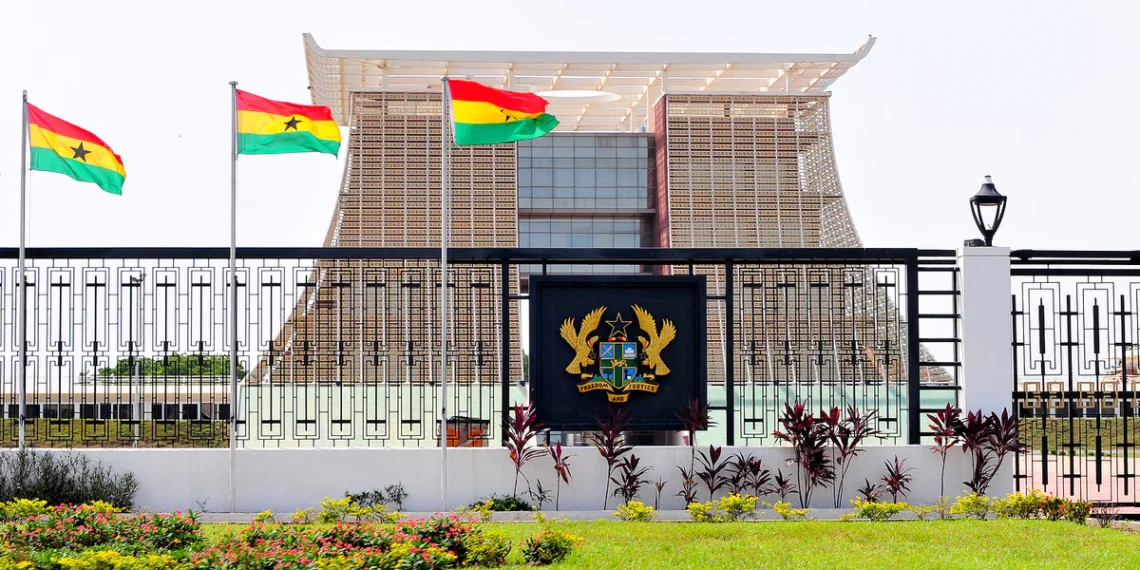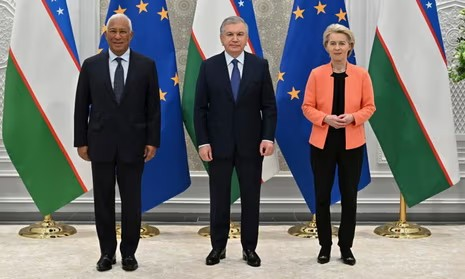The debate over whether Chief Executive Officers (CEOs) of government agencies and their deputies should be dismissed when there is a change in governance has resurfaced.
Private legal practitioner Martin Kpebu has weighed in, arguing that their removal is justified if their policies are deemed ineffective or misaligned with the new administration’s vision.
According to Kpebu, the fundamental question is whether these officials have successfully delivered on their mandates.
“A CEO and the other ones you’ve mentioned, once they make policy and the new government doesn’t like those policies, and generally, the people agree those policies are bad—yes, they should go”.
“Let’s say in Agric, if you are in charge of crop services and you can’t show how you can help to increase local production of rice for eight years, you don’t have a track record of trying to push for local production of rice. It’s the way to go”.
Martin Kpebu
He pointed to the success of a Ghanaian expert who played a crucial role in improving local rice production in Nigeria.
Accordingly, he asserted that if a new administration identifies such a professional as better suited to drive Ghana’s agricultural policies, replacing underperforming officials with proven experts would be a reasonable and justified decision.

Kpebu further stressed that accountability and measurable performance should be key factors in determining whether public officials remain in office.
He argued that those who fail to contribute meaningfully to the country’s democratic progress or economic growth should not be allowed to retain their positions, as governance should prioritize competence and results over tenure or political loyalty.
The legal expert also highlighted the abandoned efforts to introduce elections for Metropolitan, Municipal, and District Chief Executives (MMDCEs) as a clear example of weak leadership and a failure to advance democratic governance.
He pointed out that despite overwhelming public support for the idea of electing MMDCEs on a non-partisan basis, government officials at the Ministry of Local Government failed to take a stand or push back against President Akufo-Addo’s decision to halt the process.
Their inability to advocate for a widely endorsed democratic reform, he argued, reflected a lack of initiative and commitment to the will of the people.
In his view, such passive leadership undermines governance and justifies the removal of officials who fail to act in the public’s best interest.“So if you just sat down like a wimp, you couldn’t resist Akufo-Addo, I think such directors must go”.
The Role of Policy Implementers In Governance
Furthermore, Martin Kpebu acknowledged that while government policies are often attributed to ministers, the role of technocrats in shaping and executing these policies cannot be overlooked.
These senior bureaucrats, he explained, are not just passive implementers but key architects who help draft, refine, and oversee policies that impact the nation.
He emphasized that when policies turn out to be harmful or counterproductive, it is not only the political leadership that should be held responsible but also the top-level technocrats who play a role in their design and implementation.

Their expertise and influence in policy formulation mean that they bear a significant share of accountability.
As such, if their decisions and actions contribute to failed policies that hinder national progress, they too should be subject to scrutiny and, if necessary, removed from office to allow for fresh perspectives and more competent leadership.
He reiterated that top officials who contribute to policies that negatively impact governance should be removed alongside their political appointees. “At the top level, they are almost like the creators of the policy. Those people, I agree, they [should] go.”
While Kpebu’s position aligns with the argument for change when necessary, the broader debate remains on how best to ensure continuity in governance without unnecessary disruptions.
Critics argue that mass dismissals could lead to instability, while others believe a new government must have the flexibility to appoint individuals who align with its vision.
Ultimately, the call for dismissing CEOs and senior officials hinges on their ability to deliver results, implement effective policies, and advance the nation’s interests.
As Ghana approaches another political transition, the question remains: should performance dictate tenure, or should political allegiance take precedence?
READ ALSO: Ecuador Presidential Race Heads to Runoff Election





















